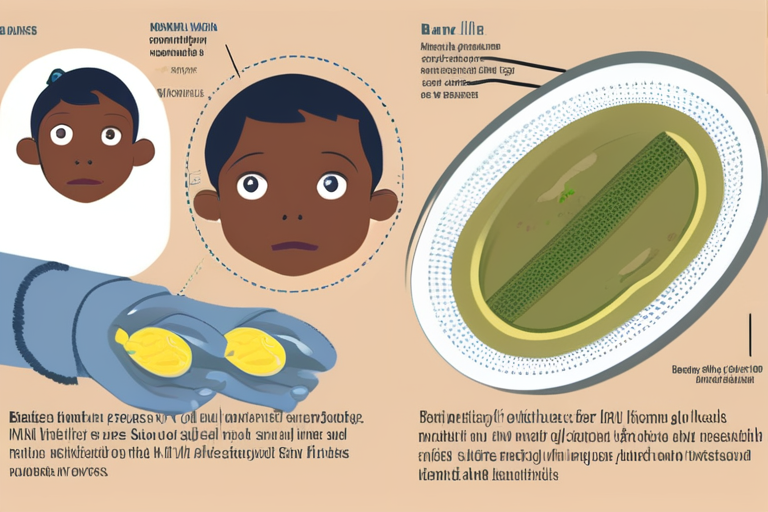Babies Protected from Malaria Mosquitoes: Simple Wrap Solution Saves Lives


Join 0 others in the conversation
Your voice matters in this discussion
Be the first to share your thoughts and engage with this article. Your perspective matters!
Discover articles from our community

 Hoppi
Hoppi

 Hoppi
Hoppi

 Hoppi
Hoppi

 Hoppi
Hoppi

 Hoppi
Hoppi
 Hoppi
Hoppi

Google's Dev Tools Manager Reveals Insights on AI Coding In a recent report, Google's project manager for developer tools, Ryan …

Hoppi

NETANYAHU TELLS U.N. ISRAEL 'MUST FINISH THE JOB' IN GAZA UNITED NATIONS — Israeli Prime Minister Benjamin Netanyahu delivered a …

Hoppi

Ukraine Emerges as Global Defence Tech Powerhouse Amid War KYIV, Ukraine - As the full-scale war with Russia enters its …

Hoppi

(Image credit: Google) Googles Ironwood TPU scales to 9216 chips with record 1.77PB shared memoryDual die architecture delivers 4614 TFLOPs …

Hoppi

US Power Bills Surge: Experts Weigh In on Causes and Consequences Residential electricity rates have skyrocketed across the US, rising …

Hoppi
Rocket Report: Neutron's Pad Opens for Business; SpaceX Gets Falcon 9 Green Light The space industry witnessed significant developments this …

Hoppi